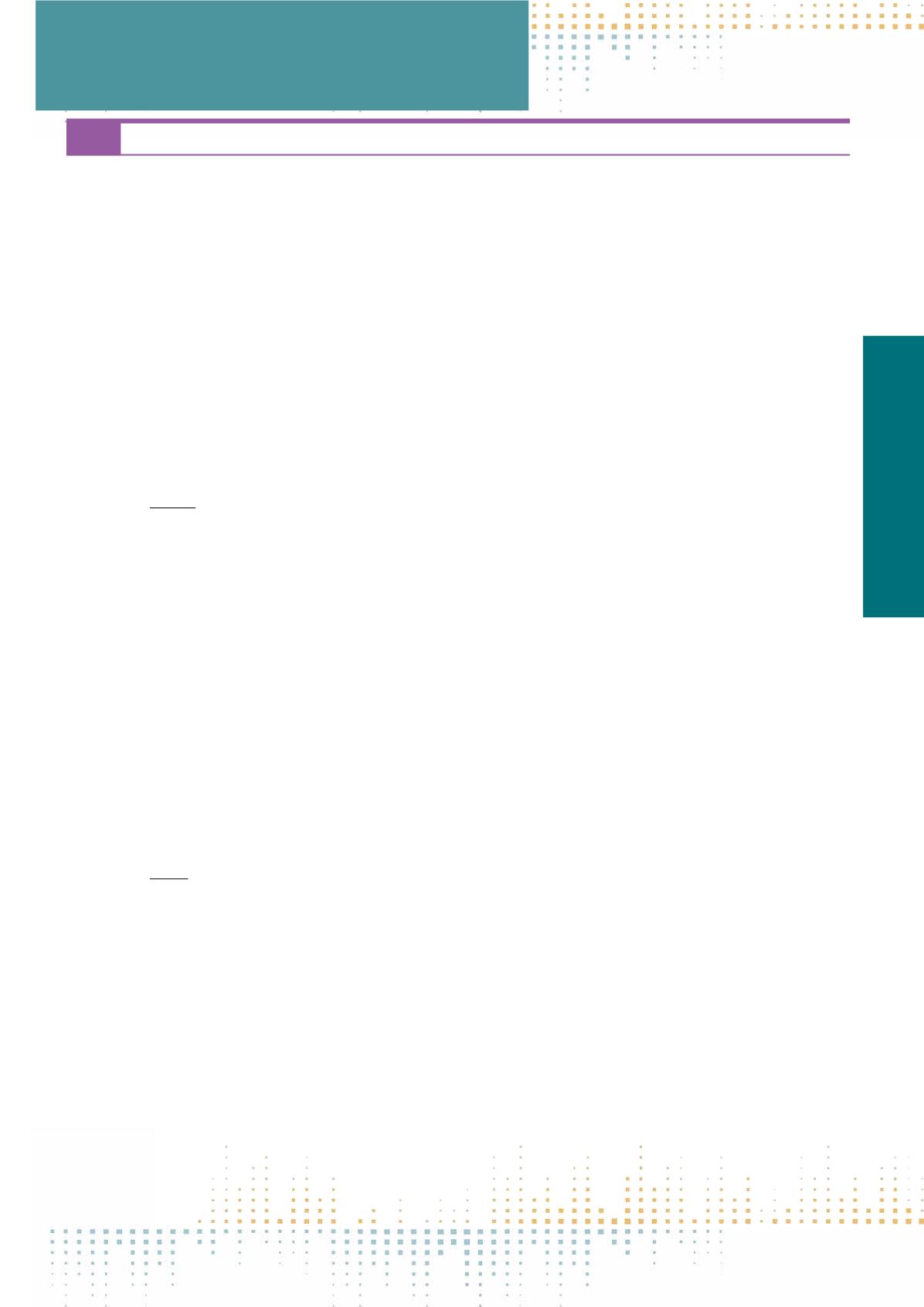

609
Thursday, November 10
1 6 : 3 0 – 1 8 : 0 0
EPS01
Populist and Extremist Discourse in the EU: Creating Discontinuities and Reshaping Politics
A. Bârgăoanu
1
1
National University of Political Studies and Public Administration, Bucharest, Romania
Populism, nationalism and right-wing extremism are seeing a resurgence in a number of states across Europe, with consequences on the decision-making
process in the European Union. As it became a very familiar narrative in recent years, this phenomenon creates severe discontinuities from the previous
EU communication paradigm. The dangers associated with populism in the political discourse is that in order to meet the increasingly Eurosceptic public
opinion, the European leaders, in most cases, choose an antagonistic approach on the national interest as opposed to EU’s interest. Populist tendencies
are worth exploring in the light of EU’s multiple difficulties, the immigrant crisis being only the latest one. Multifaceted theoretical approaches have been
assigned in the last decades to the concept of“populism”. In an attempt to extract and isolate its unique characteristics, scholars have tried to understand it
in terms of expressed ideas, manifested style and formal organization. As proofs of European populist behaviour have never stopped being invoked both by
the literature and by the media, further contextualization is not only explainable, but also welcome.The popular mobilization that far right parties (through
political figures like Le Pen in France, Jobbik in Hungary or Berlusconi in Italy) have successfully determined adds new perspectives to the concept of pop‑
ulism. Searching for the lowest common denominator (Rooduijn, 2013) of these movements, Euroscepticism comes to the forefront of the national action.
Populism of the recent years, or the“new populism”(Canovan, 2006), finds in Euroscepticism one of the strongest arguments.The opposition towards the EU
has become the playground for populist actors, and the playground is getting larger with every missed step in action and communication made by the EU
institutions. In this context, the goal of the panel organised by the ECREATWG ”Communication and the European Public Sphere”is to encourage quality de‑
bate and reflection on key discursive practices employed by political actors and the media when discussing about the European Union and its multiple crises.
PN 142
The Making of a Populist Heartland – Data from PEGIDA's Facebook Profile Page
J. Rohgalf
1
1
University of Rostock, Rostock, Germany
Social media provide the scholar of ideologies with an unprecedentedly rich source material documenting the political notions and sentiments of 'ordinary
citizens'. Especially studies in populism can gain enormously from this source. Populists claim to lend their voice to the authentic will of the people. Social
media allow for a glimpse at how this idealised 'heartland' (Taggart) is imagined and conceptualized by their supporters. More precisely, on Web 2.0 sites
the scholar can receive an impression how the 'heartland' is construed and negotiated in actu in the interactions between the populist and their supporters.
On a more abstract level, the style of communication typical of social media resonates with key features of populist communication (e.g. in terms of prox‑
imity, immediacy or allegedly spontaneous collective phenomena). The paper presents original research on the German case of the so-called 'Patriotische
Europäer gegen die Islamisierung des Abendlandes' (PEGIDA). Since October 2014, PEGIDA has been organizing weekly rallies in Dresden, attended by
several thousands. Besides a host of franchisees in other cities in Germany and abroad, PEGIDA is networking with right-wing populist parties through‑
out Europe. While openly xenophobic and anti-muslim, PEGIDA also acts as a projection screen for various resentments against the 'establishment' and
an asserted 'leftist zeitgeist'. An essential part of PEGIDA, beside the rallies and their coverage by mass media, takes place on Facebook. The social network
site serves as an organising tool and a means for cultivating 'affective economies' (Ahmed), but it is also the place where more than 100k users partake in
shaping the ideological blend which characterises PEGIDA. There is already a number of studies available which focus on the rallies. In contrast, research
on PEGIDA's social media communication is still in its infancy – all the more when it comes to interpreting the data in the light of the theory of populism.
The paper tackles this desideratum. After outlining a framework for semantic and metadata analysis, it discusses data from PEGIDA's Facebook page in terms
of populist communication. Especially, it focusses on how the exchange between the organising staff and supporters nurtures a particular, cognitive and
affective notion of 'heartland' and democracy.
PN 143
Populism as a Corrupted Democracy
J. Niżnik
1
1
Polish Academy of Sciences, Warsaw, Poland
Observing democratic principles is clearly not enough to stop populism. The paper is aimed to answer the question ”Why is it so”? After brief overview and
criticism of definitions of populism used most often I argue for an understanding of this phenomenon as an instruments of manipulation applied to a po‑
litical discourse by extremists politicians, becoming their style of making politics. Although democratic procedures can be used by such politicians to obtain
high positions in politics, their further activities usually violate at least some of them. Further arguments of the paper show that behind the democratic
surface populism as a style of making politics is simply a form of corrupted democracy.
TWG – Communication
and the European Public Sphere
(EPS01)



















